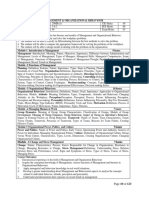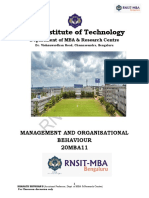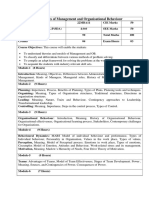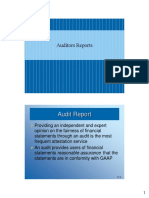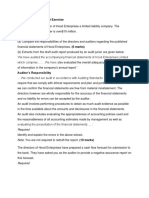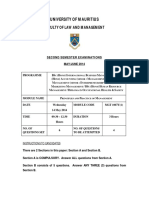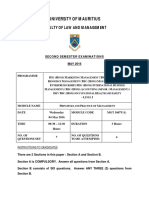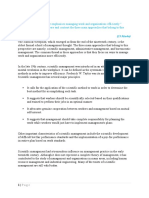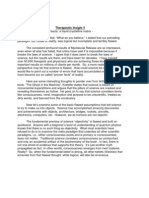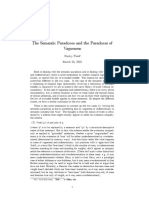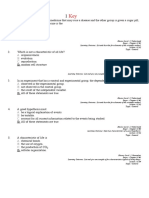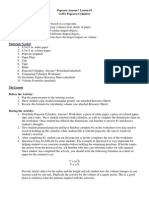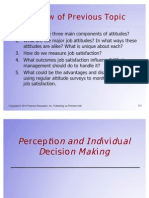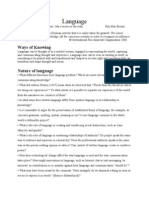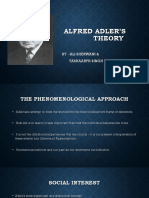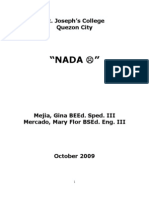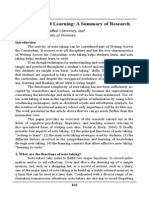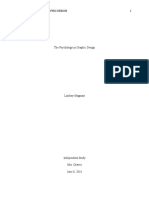0% found this document useful (0 votes)
47 views6 pagesModule Specification Sheet
This document outlines the Principles and Practice of Management module taken over two semesters. It includes the module aims, syllabus outline covering topics like the managerial functions and organizational behavior, table of contents of the units, learning outcomes, and the module maps for each semester detailing the lecture topics and readings. It also provides the assessment breakdown and recommended textbooks.
Uploaded by
Fadil RushCopyright
© © All Rights Reserved
We take content rights seriously. If you suspect this is your content, claim it here.
Available Formats
Download as DOC, PDF, TXT or read online on Scribd
0% found this document useful (0 votes)
47 views6 pagesModule Specification Sheet
This document outlines the Principles and Practice of Management module taken over two semesters. It includes the module aims, syllabus outline covering topics like the managerial functions and organizational behavior, table of contents of the units, learning outcomes, and the module maps for each semester detailing the lecture topics and readings. It also provides the assessment breakdown and recommended textbooks.
Uploaded by
Fadil RushCopyright
© © All Rights Reserved
We take content rights seriously. If you suspect this is your content, claim it here.
Available Formats
Download as DOC, PDF, TXT or read online on Scribd
/ 6
